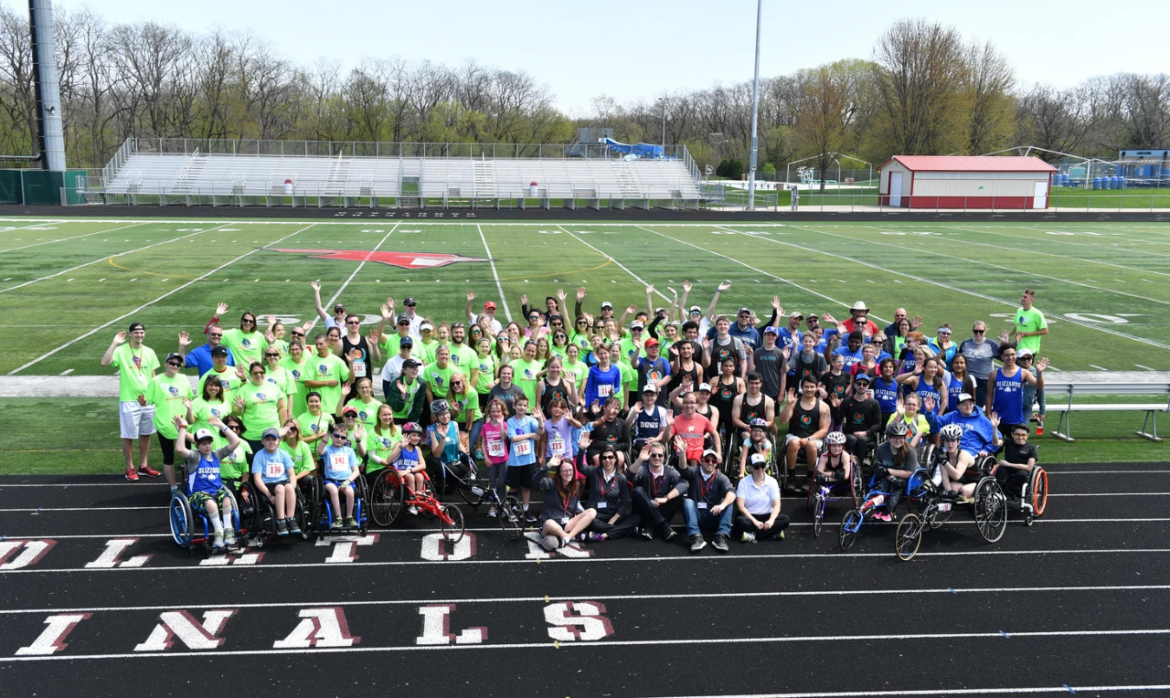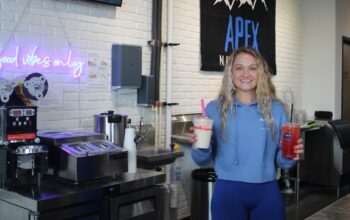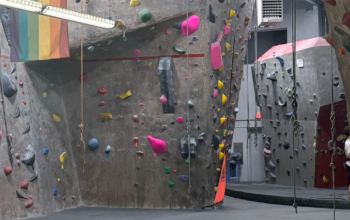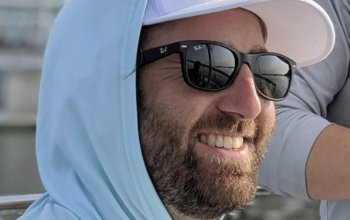Organization looks to expand in 2022 after pandemic break
Dairyland Sports is working to make sports more equitable in 2022 for athletes with disabilities, with activities both virtually and in person, after having to forgo the annual Dairyland Games the past two years due to the COVID-19 pandemic.
The Madison-based, not-for-profit organization works to create equity in sports by advocating for adaptive sports in Wisconsin, creating opportunities for education on adaptive sports and programming events for athletes. This effort includes a service learning project for physical therapy students from the University of Wisconsin-Madison and hosting clinics at the Dairyland Games to teach other forms of adaptive sports. Through these programs, Dairyland demonstrates how important athletics are for social engagement and expands awareness about adaptive sports among students, health care providers and members of the community.
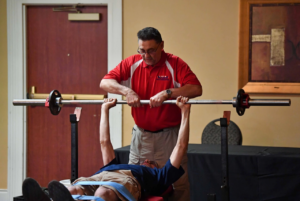
In 2016, Dairyland Sports first hosted the Dairyland Games, now the largest event in the state for athletes with disabilities. Greg Baumgarten, a chairman for Adaptive Sports USA, wanted Wisconsin to have a qualifier for Junior Nationals. Only16 athletes participated, but it was the start that founders Jacob Graboski and Deb Jenks needed to launch the organization.
“It was great. It was one of the more welcoming venues,” said track and field athlete Alyssa Fencil, who participated in the Dairyland Games in 2019 and has multiple sclerosis. “Dairyland wanted to help you get going and walk you through the basics of it. I did not experience as much judgment from track and field.”
In only four years, the games have seen over 450% growth in participation, now hosting 75 different athletes that come from eight different states across the Midwest.
“That [growth] just shows the influence we’ve had,” said Jenna Schneider, director of education for Dairyland Sports. “It highlights the lack of opportunities because people are traveling from states all across the Midwest just to be here and just to have this opportunity.”
This year the Dairyland Games are scheduled to take place in early May. The location and dates of events are subject to change depending on the pandemic and availability of facilities. As of right now the games are planned for May 6–8 according to Dairyland Sports’ website. The second and third day will include events that have been a part of the games in the past, including swimming and a variety of track and field events. The first day, however, will feature an event new to the Dairyland Games, para-powerlifting.
“We are adding [powerlifting] this year because we have had past recommendations to do so and past athletes looking to build their fitness on a powerlifting stage,” Graboski said.
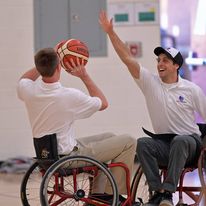
The event will be focused on a bench press lift, where an athlete lays on their back on a bench and uses the chest muscles to lift a weighted bar toward the ceiling. The event uses a wider bench to help athletes who may not be as mobile as others, as well as spotters near the weights and behind the bar.
While newcomers are welcome to participate, it is highly recommended that athletes have prior experience with powerlifting or attend the demonstration held before the official weigh-in. Dairyland Sports is still working with athletes who have experience to refine rules and regulations for the event.
It has been challenging to add events to the games as there are specific factors that go into determining which events Dairyland Sports can add. The biggest hurdles that this nonprofit faces are funding, resources such as equipment to help athletes to compete in different events, the harsh winters in Wisconsin and finding experienced individuals to help plan and facilitate different events, according to Graboski.
“Every nonprofit’s bane of their existence is funding,” said Teal Evans, Dairyland’s director of marketing and communications. “It’s hard because a lot of individuals that have donated in the past are struggling as well. If the people in your community are struggling, they can’t always give back to the organizations that they would like to.”
Dairyland Sports is also planning to expand its programming by adding the MadCity Invitational in fall 2022. This event will be a wheelchair basketball tournament that will be a partnership with the Mad City Badgers, a youth wheelchair basketball team.
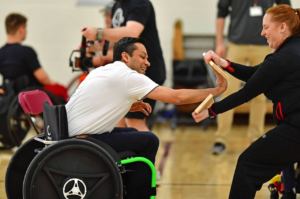
This event will help both organizations as it gives Dairyland Sports an opportunity to hold events during colder months, and gives the Mad City Badgers a regular, annual event to participate in. It will also be the first team event that the Dairyland games will host, providing a more social aspect. Due to the adaptive sports community being relatively small, it is beneficial for adaptive athletes to participate in a sport that allows cooperative competition according to Schneider.
“For these kids to have friends that they recognize and that they spend time with—I think that is very beneficial, Schneider said. “They can share similar experiences with each other that they may not be able to share with other people that they go to school with.”
Dairyland Sports fosters an inclusive and family friendly environment at their events that helps both with comfort levels and allows the athletes to perform at their best.
“Working with Jake to help navigate the new knowledge of the track and field arena and having that support and that resource has been phenomenal,” Fencil said. “Having that level of support makes it easier to focus on what I need to do as an athlete. That type of family atmosphere is really helpful. It helps lift you up and helps you achieve as much as you can achieve.”
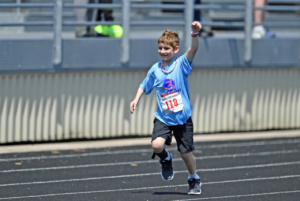
Moving forward, the organization hopes to become a sort of “central hub” for the adaptive sports community where athletes can come and find a program that works well for them. This would include a comprehensive website that functions as a guide that can help spread awareness and information about different inclusive organizations throughout the state. This would not only allow for growth in Dairyland Sport’s programming, but would create a network of all of the adaptive sports programming in Wisconsin, Graboski said.
“Sport has the ability to change lives,” Evens said. “I think that plays a much bigger role in development for a person than we even really know or can give credit to. If we can provide anything to kids to be able to get involved, I think that’s really amazing.”

